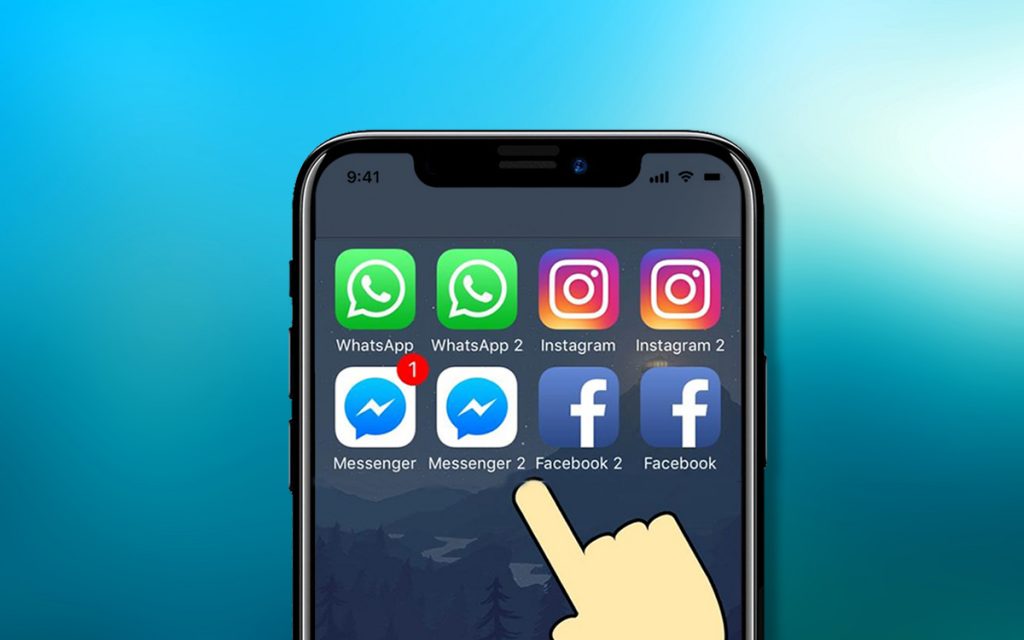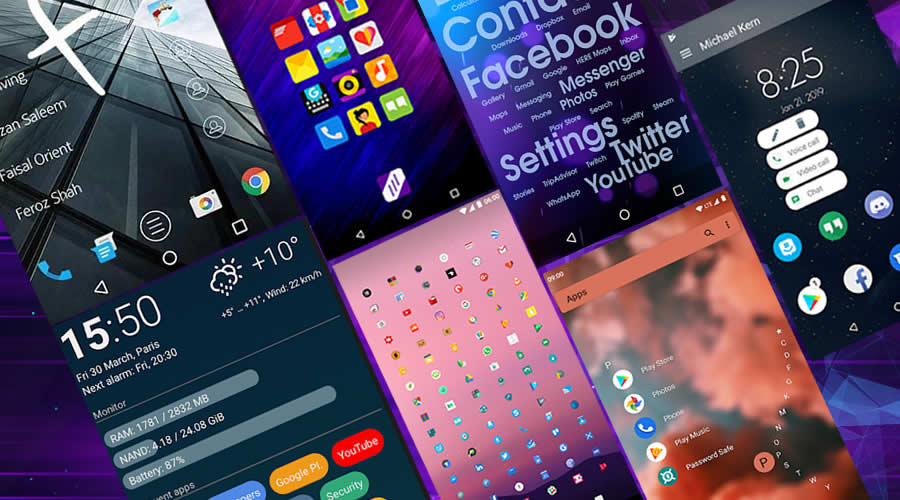NFC is a widely utilized technology that is used by several major online payment systems, including Google Pay, Samsung Pay, Apple Pay, and others. Overall, the technology appears to be pretty safe, but many users wonder if NFC might be used to spy.
I admit that I was also concerned about the spy issues, so I decided to do some study and share my findings with you.
Let's see what we can find out!
What is NFC technology, and how does it work?
NFC, or Near-Field Communication, is a modern technology that allows two devices to transfer data securely. This method requires both devices to be within a 4 to 10 cm circle to exchange the data.
What are the differences between NFC and RFID?
RFID technology, which is modern technology, has pushed NFC technology forward. RFID has been employed in various industries for years, including Debit Cards, Clothing, and more.
The system employs a small radio transponder, receiver, and transmitter to exchange data in RFID technology. However, because the data being sent is not secured, skimmers can readily obtain the information stored on your debit cards. However, this is not the case with NFC Technology because all information communicated with other NFC devices is encrypted.
Is it possible to spy with NFC?
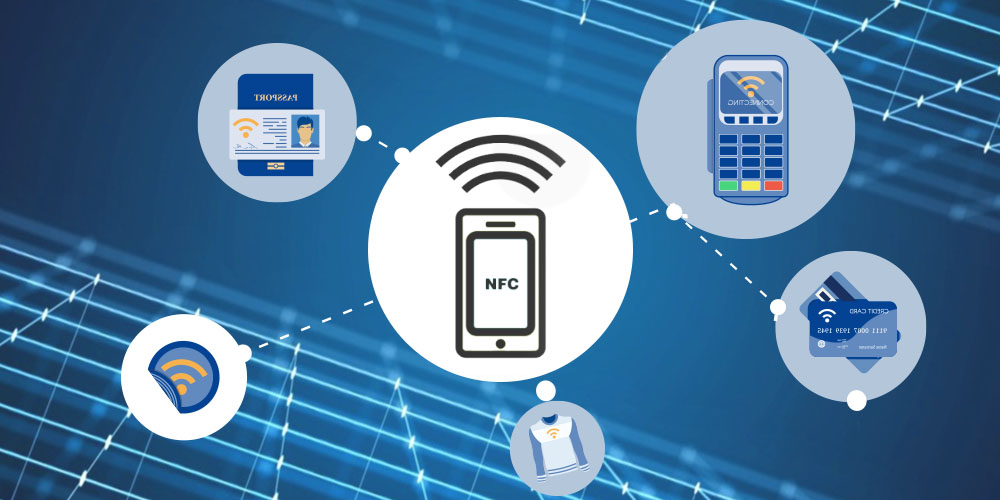
NFC is a cutting-edge technology that has been intended to be used safely. One of the main issues for hackers with NFC is that it only operates in a 4 to 10 cm range, which means that if someone tries to steal your information, they'll have to go incredibly close to your device, which is nearly difficult without being discovered.
Furthermore, if you use NFC for payments, you must commence the process, and even if a hacker gets close to your device, they will not be able to initiate the payment process.
Furthermore, suppose we assume someone gained access to the payment terminal (a highly unusual situation) and obtained your information. In that case, he will be unable to use that information to obtain your money due to tokenization.
Tokenization is a technique in which payment systems generate a temporary token for a single transaction that can't be used for any other transaction once it's completed, making NFC payments very safe.
Now let's talk about whether NFC can be utilized to snoop. NFC technology is quite limited in itself, and I don't believe it can be used to spy on you. However, spying on you will be much easier if someone manages to install spyware on your smartphone via NFC.
However, even if someone tried to slip Malware into your system via NFC, it would require consent from your system, and no one would authorize any strange data transmission on their phone.
Overall, the point of this piece is that NFC can't be used to spy on you directly. It can undoubtedly assist snooping, but this is a really unlikely scenario that you can easily avoid by turning off the NFC when you are not using it for payments.
What can you do to keep yourself safe from NFC spying?
NFC is a reasonably safe technology, but it can still be exploited against you if you aren't careful. In this section, I'll give you some practical advice on protecting yourself against NFC spying and other security concerns.
Turn off NFC – Let's start with the most basic but vital tip: when you're not utilizing NFC, you should turn it off. Using this straightforward approach, you can avoid NFC spying and a slew of additional risks.
Never install apps from unofficial App Stores — No matter how secure NFC technology is, having apps from unofficial App Stores on your smartphone will always put you in danger of being spied on. As a result, make sure you never install apps from unknown sources because they might be used to compromise your privacy and track your movements.
Is it necessary for me to enable NFC on my phone?
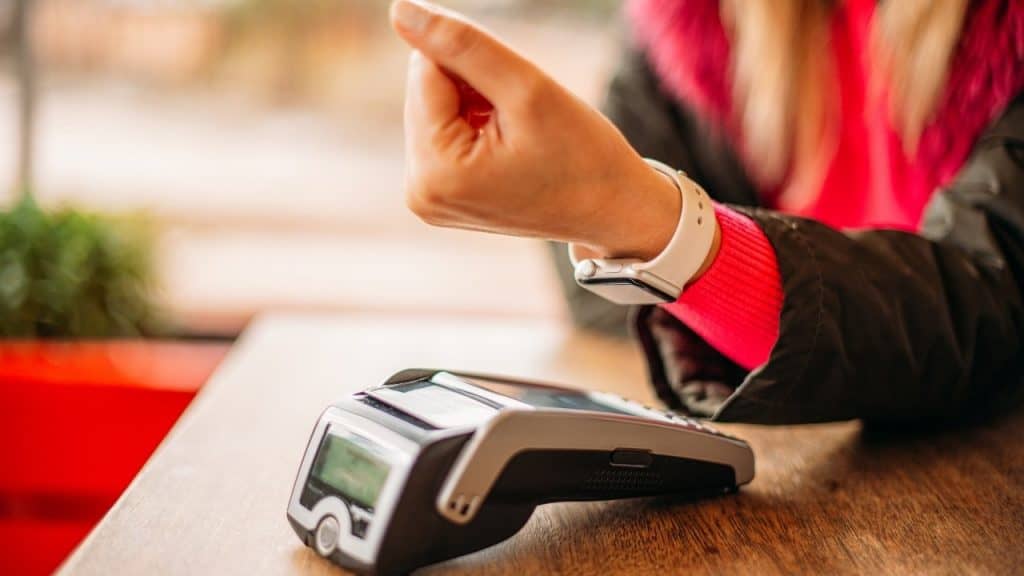
If you make online payments with your smartphone, you should use NFC. Also, instead of using your debit card directly, I strongly advise you to utilize Google Pay or other online payment systems, as they never communicate your debit card information with the NFC terminal. You may add an extra layer of security to your debit card this way.
What is the purpose of NFC on my phone?
NFC is a fantastic technology that can be utilized for various tasks, including data transfer between devices. Similarly, Apple Pay, Google Pay, Fitbit Pay, and other NFC-enabled devices can be used to make contactless payments.
What happens if I disable NFC?
Other gadgets won't be able to communicate with your smartphone if you turn off NFC on it. I also strongly advise you to turn off NFC when you are not using it. This will protect you from NFC hacking and will also save your phone's battery life.
What were NFC-enabled devices there?
NFC is a widely used technology that can be found on most smartphones, including the Apple iPhone 12 Series, Samsung Galaxy S21 Series, Samsung Galaxy Note 10 Series, and others.
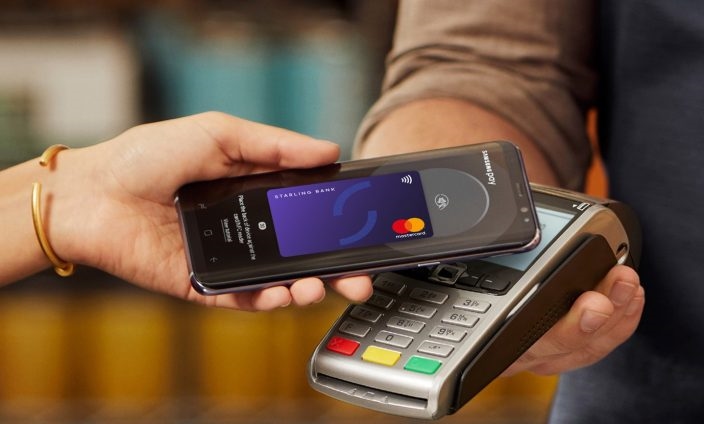
What is the NFC range?
Although NFC has a maximum range of 10 cm, most devices require NFC to be within 4 cm to complete a transaction.
Is it possible to use Google Pay without NFC?
Google Pay is a contactless online payment system that uses NFC technology to accept payments at NFC terminals. However, on non-NFC-enabled platforms, Google Pay can be used to make payments.
Is it better to use NFC or RFID?
RFID drives NFC technology, and both technologies are beneficial. When it comes to security, however, NFC technology outperforms RFID.
Is NFC the same as Bluetooth?
No, NFC and Bluetooth are not interchangeable terms. Both of these, however, can be utilized for wireless data transfer.
Conclusion
That's all there is to it, folks. In most cases, NFC is a reasonably secure technology that cannot be exploited for spying. However, there are some circumstances in which it can promote the distribution of malware apps, but you can easily avoid this by turning off NFC while not in use.
Abubakr Conner brings a diverse skill set to our team, and covers everything from analysis to the culture of food and drink. He Believes: "Education is the most powerful weapon that exists to change the world." .
Leave a reply
Your email address will not be published. Required fields are marked *Recent post

How to Watch Instagram Stories without them Knowing: 6 Ways to do it

